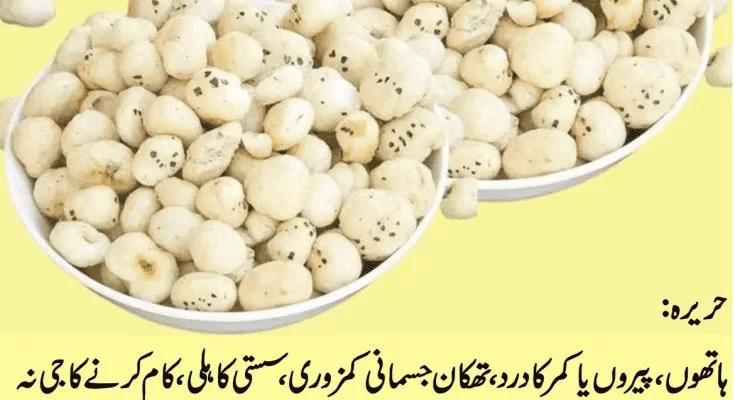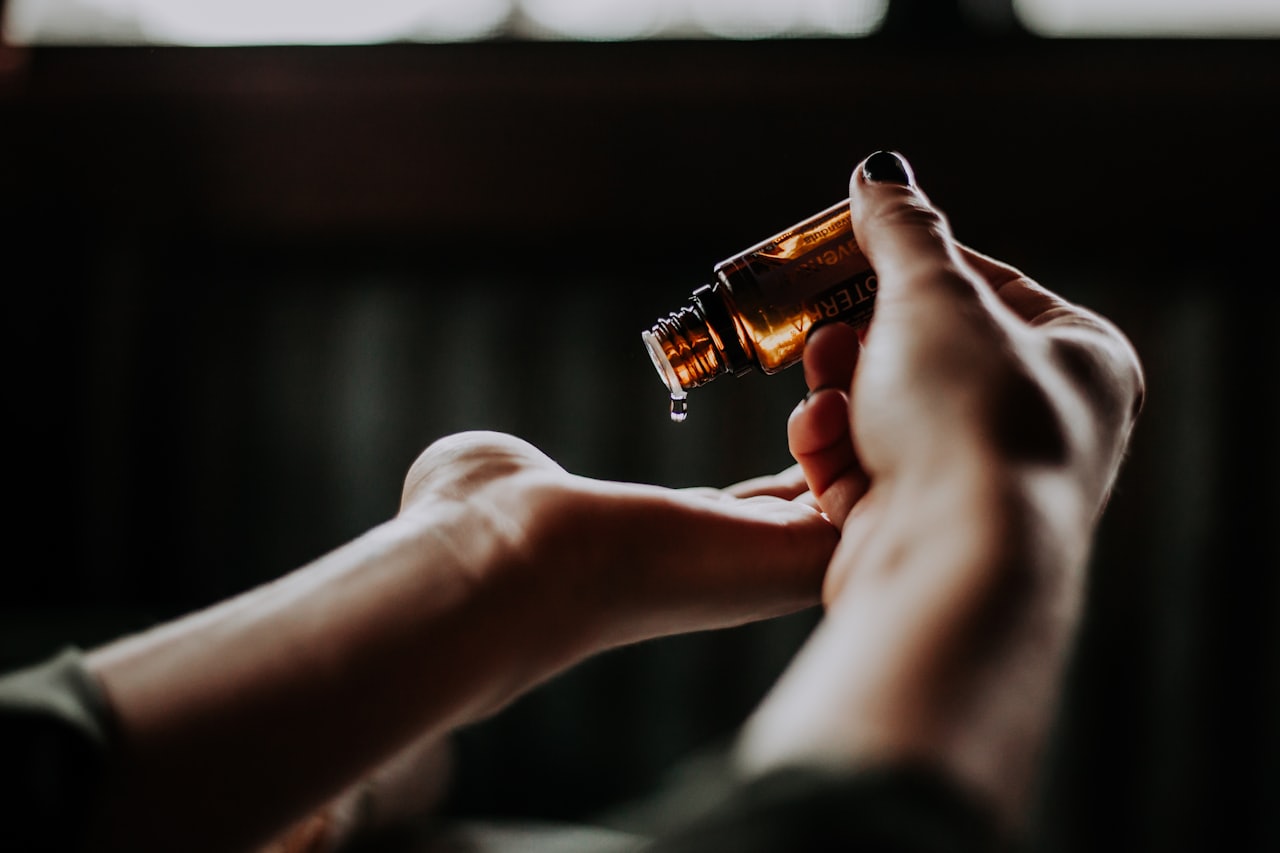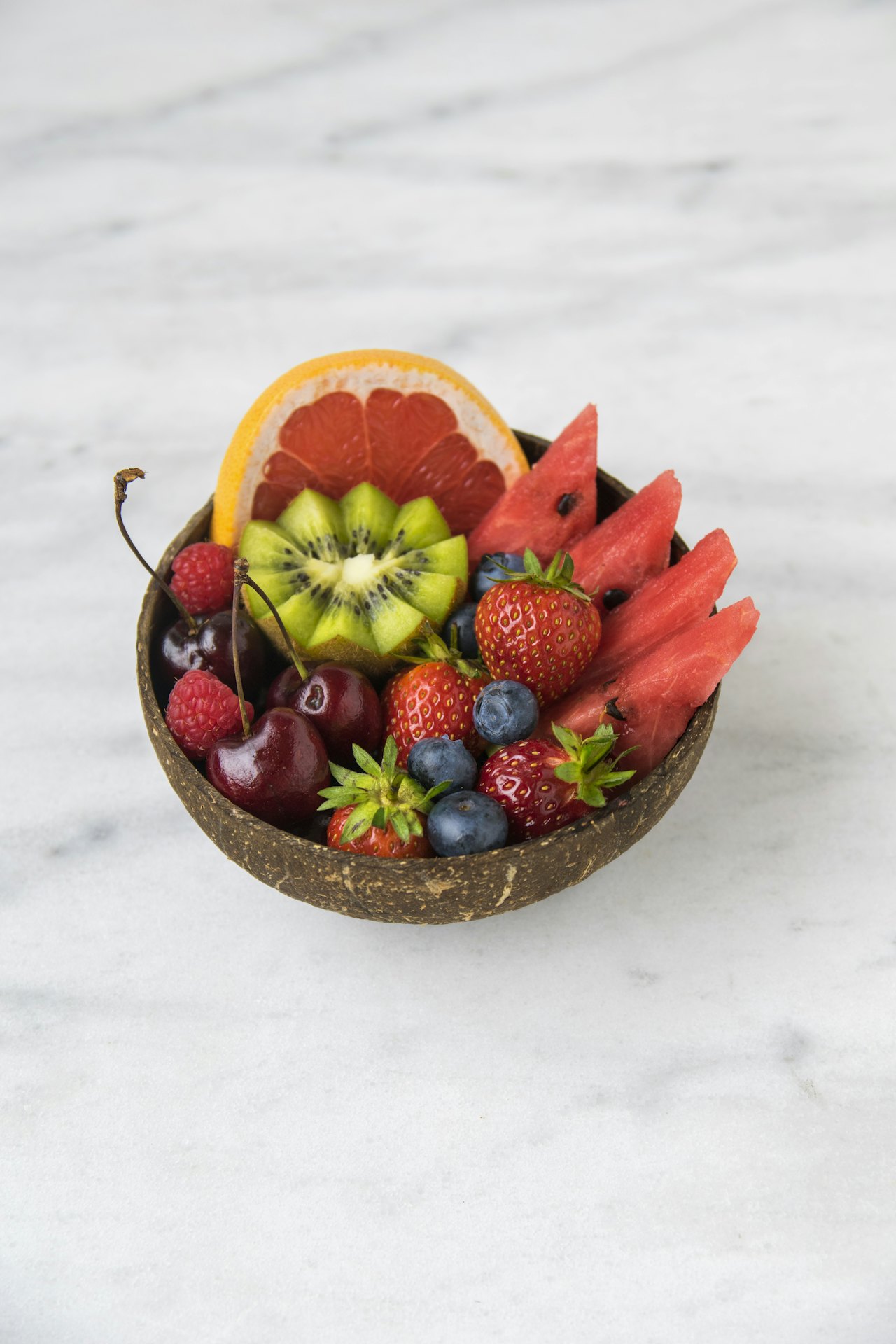Sesame seeds add a nutty taste and a sensitive, practically imperceptible, mash to numerous Asian dishes. They are additionally the fundamental fixings in tahini (sesame seed glue) and the magnificent Center Eastern sweet called halvah. They are accessible over time. The logical name for sesame seeds is Sesamum indicum.
Sesame seeds might be the most established sauce known to man. They are profoundly esteemed for their oil which is outstandingly impervious to rancidity. “Open sesame” the popular expression from the Middle Eastern Evenings mirrors the distinctive element of the sesame seed unit, which blasts open when it arrives at development.
Copper Gives Alleviation to Rheumatoid Joint pain
Medical advantages:
Besides the fact that sesame seeds are a brilliant wellspring of copper and a generally excellent wellspring of manganese, however they are likewise a decent wellspring of calcium, magnesium, iron, phosphorus, vitamin B1, zinc, molybdenum, selenium, and dietary fiber. Notwithstanding these significant supplements, sesame seeds contain two interesting substances: sesamin and sesamolin.
The two substances have a place with a gathering of unique gainful filaments called lignans. They have been displayed to bring down cholesterol in people, forestall hypertension, and increment vitamin E supplies in creatures. Sesamin has likewise been found to safeguard the liver from oxidative harm.







Plentiful In Gainful Minerals:
Sesame seeds are a brilliant wellspring of copper, a generally excellent wellspring of manganese, and a decent wellspring of magnesium, calcium, phosphorus, iron, zinc, molybdenum, and selenium. This rich grouping of minerals converts into the accompanying medical advantages:
Copper Gives Help to Rheumatoid Joint pain:
Copper is known for diminishing a portion of the aggravation and expanding of rheumatoid joint inflammation. Copper’s viability is on the grounds that this minor element is significant in a few calming and cell reinforcement chemical frameworks. Also, copper assumes a significant part in the movement of lysyl oxidase, a catalyst required for the cross-connecting of collagen and elastin. These ground substances give construction, strength, and versatility in veins, bones, and joints.
Zinc for Bone Wellbeing:
One more justification for more established men to make zinc-rich food varieties, for example, sesame seeds an ordinary piece of their solid approach to eating is bone mineral thickness. In spite of the fact that osteoporosis is much of the time remembered to be an illness for which postmenopausal ladies are at the most elevated risk, it is likewise a possible issue for more established men. Practically 30% of hip cracks happen in men, and 1 of every 8 men over age 50 will have an osteoporotic break.
An investigation of 396 men going in age from 45-92 that was distributed in the American Diary of Clinical Nourishment found a reasonable connection between’s low dietary admission of zinc, low blood levels of the minor element, and osteoporosis at the hip and spine.
Sesame Seeds’ Phytosterols Lower Cholesterol:
Phytosterols are intensifies found in plants that have a synthetic construction basically the same as cholesterol, and when present in the eating routine in adequate sums, are accepted to diminish blood levels of cholesterol, upgrade the safe reaction and decline the gamble of specific diseases.
Phytosterols valuable impacts are sensational to the point that they have been removed from soybean, corn, and pine tree oil and added to handled food sources, for example, “margarine”- substitution spreads, which are then promoted as cholesterol-bringing down “food sources.” Yet why settle for an impersonation “margarine” when Mother earth’s nuts and seeds are a normally rich wellspring of phytosterols — and cardio-defensive fiber, minerals, and sound fats too?
In a concentrate in the Diary of Horticultural and Food Science, scientists distributed the measures of phytosterols present in nuts and seeds normally eaten in the US.
Sesame seeds had the most noteworthy absolute phytosterol content (400-413 mg for each 100 grams), and English pecans and Brazil nuts were the least (113 mg/100grams and 95 mg/100 grams). (100 grams is identical to 3.5 ounces.) Of the nuts and seeds ordinarily devoured as nibble food sources, pistachios and sunflower seeds were most extravagant in phytosterols (270-289 mg/100 g), trailed by pumpkin seeds (265 mg/100 g). (whfoods.com)

















